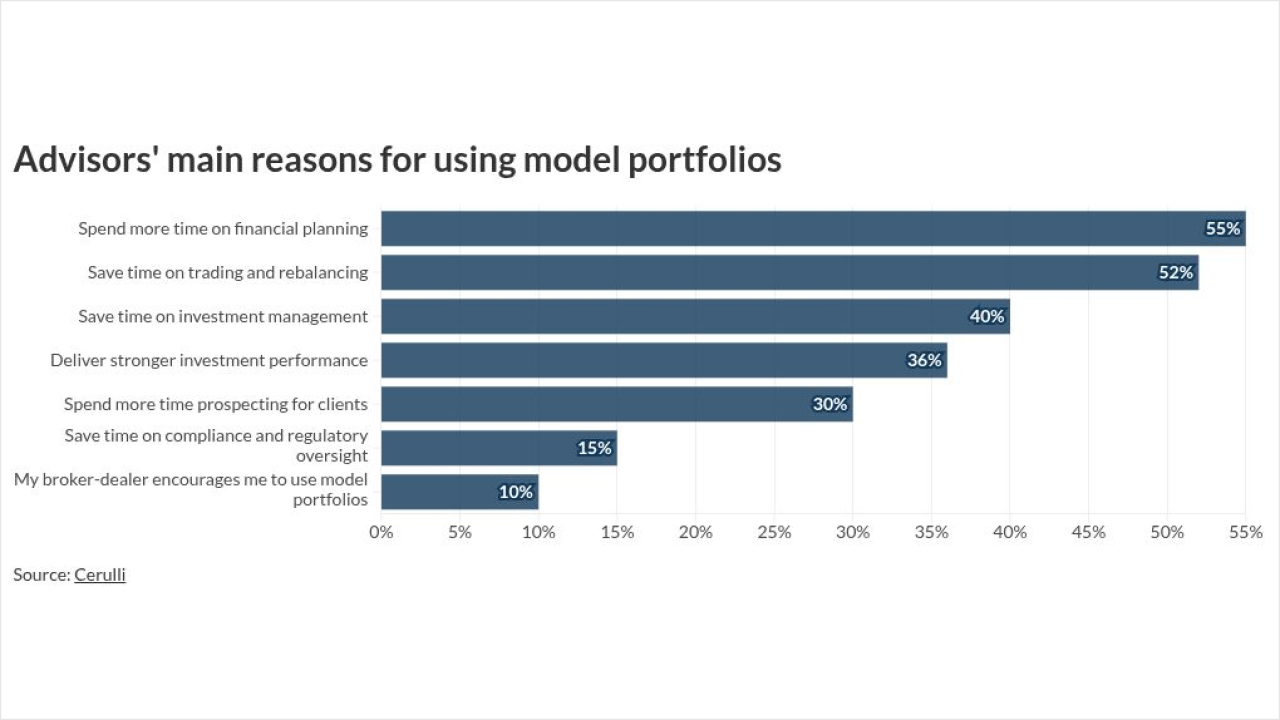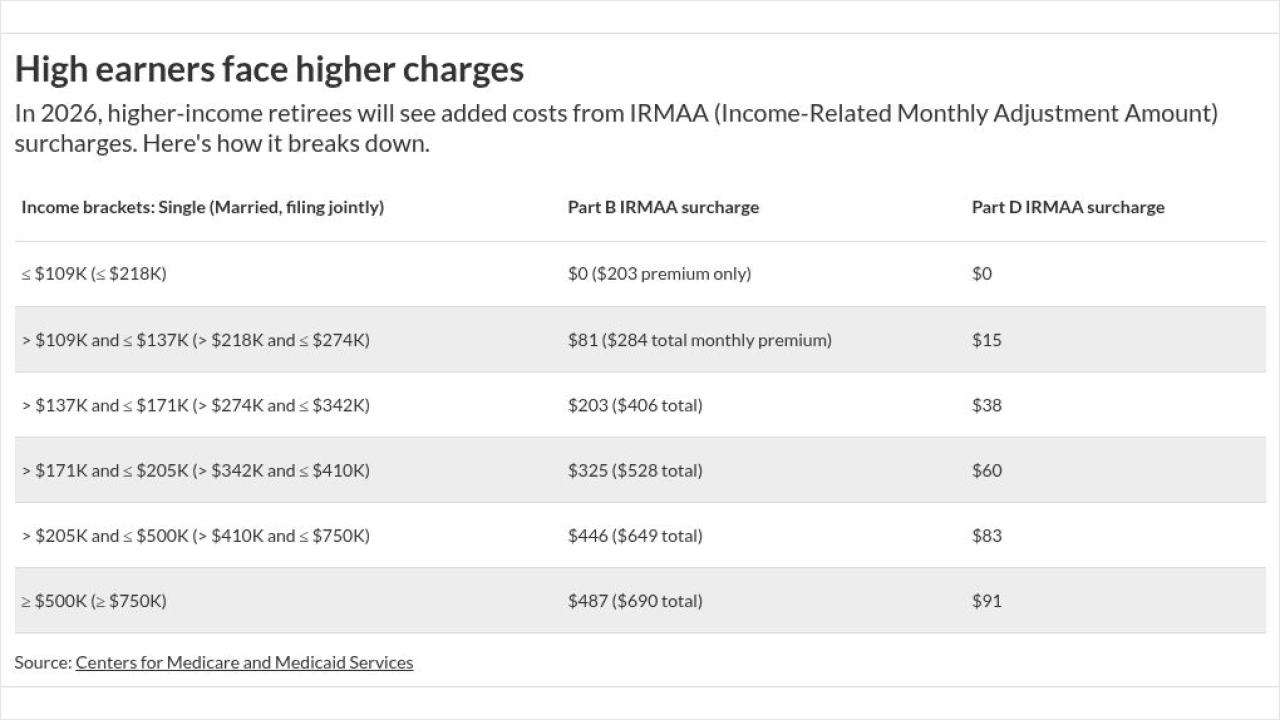(Bloomberg) — A high-speed trader in Amsterdam with just 300 employees is taking on American Goliaths like Citadel on their own turf.
Flow Traders' plan is simple, if counterintuitive: focus on the low volume, lesser-traded corner of the $20 trillion-a-year market in U.S. ETFs.
The Dutch firm is already the largest trader of European ETFs. Now, it wants to repeat the trick and take on Citadel, Susquehanna International, other speed traders such as KCG Holdings and the market-making divisions of every major Wall Street bank.
U.S. ETFs are the world's most traded — the SPDR S&P 500 ETF alone sees about $20 billion of shares change hands every day. But some of the country's other 1,900-plus ETFs have much lower trading volume. Lower volume means wider gaps between bid and offer prices, an opportunity Flow Traders aims to exploit for profit.
"We want to trade everything, but we will aim at products where we can differentiate ourselves from our competitors using our pricing power," said Serge Enneman, who works in investor relations at Flow Traders. "We target products that are less liquid, but liquid enough. Anything below those highly liquid products."
Ideally, ETFs perfectly copy the performance of the securities they track. That's easy for funds that follow benchmark indexes such as the S&P 500 and the Nasdaq 100 — like SPDR and the PowerShares QQQ Trust Series. But the feat is much harder for complex products.
Pricing is key. The iShares MSCI World ETF trades during U.S. hours even though its namesake MSCI World Index includes Japanese companies, such as Toyota Motor, that are unavailable to buy and sell outside Japan's trading hours.
FLOW'S MISSION
"We have made it our mission, our unique angle, to know what the MSCI World is worth when those stock exchanges are closed," Enneman said. "We have a very sophisticated algorithm and traders who know how to price the index."
Flow Traders said it received regulatory approval to trade directly with big U.S. investors and companies on Sept. 13. The algorithmic trader has been active in the U.S. since 2010, building itself an almost 2% share of on-exchange trading in ETFs.
Now it wants to build a presence in the off-exchange market where the biggest ETF deals take place.
U.S. RELATIONSHIPS
Leading the push is Bill Stush, a former Bank of America managing director, whose team of three salespeople is seeking to set up relationships with U.S. firms. Flow Traders won't say how many of its 450-plus counterparties in Europe will use the U.S. service.
Flow's success in Europe shows it could become a real threat to U.S. market makers. The company estimates that some $255 billion of European ETFs changed hands on exchange last quarter. That's less than 10% of volumes in the U.S. But Flow Traders also provides a form of trading that is distinctly European: the more opaque trading that takes place off exchange.
That's where Flow Traders dominates, says Tim Edwards, head of trading in Amsterdam for IMC, another Dutch speed-trading firm. IMC estimates off-exchange trading is twice the size of on-exchange trading in Europe.
"In Europe, they go off exchange because they want certainty of execution," said Sjoerd Rietberg, one of Flow's co-chief executive officers. That's because Flow helps to find the other side of a trade. "Big is the main differentiator."
Not everyone shares the firm's confidence.
"They are going to have their work cut out for them because there are so many people making markets in the U.S. right now," said Bloomberg Intelligence analyst Eric Balchunas. "It's just a very crowded and robust, mature market."
SURGING POPULARITY
ETFs have surged in popularity during the last decade. The big issuers — BlackRock, Vanguard and State Street— have all benefited, but the firms that make markets in ETFs have profited most from their rise.
According to Balchunas's calculations, ETFs generate about $10 billion in annual revenue for market makers, while the firms that issue the products get about $6 billion.
"We welcome Flow Traders entering the market, which will only further strengthen it," said Jamil Nazarali, head of execution at Citadel Securities, the market-making arm of Citadel. "The U.S. ETF market is the most competitive and efficient in the world."
Speed traders can be handy alternatives to banks when markets are stormy. UBS Group AG, for example, says it regularly sends orders to firms including Virtu Financial, Citadel and KCG.
PRICE IMPROVEMENT
"In volatile markets, we would source more volume from them," said Vlad Khandros, UBS's global head of market structure and liquidity strategy. "These firms will give price improvement."
Europe has more than 7,000 ETFs compared with 1,900 in the U.S. Flow Traders is betting that its experience in pricing thinly traded European funds — it trades more than 90% of the region's ETFs — will enable it to offer better prices on harder-to-price U.S. securities.
"It would be silly for us not to do this," Enneman said. "We will start small and expand it from there. We perceive the U.S. as the ETF market with the most opportunity to grow."





